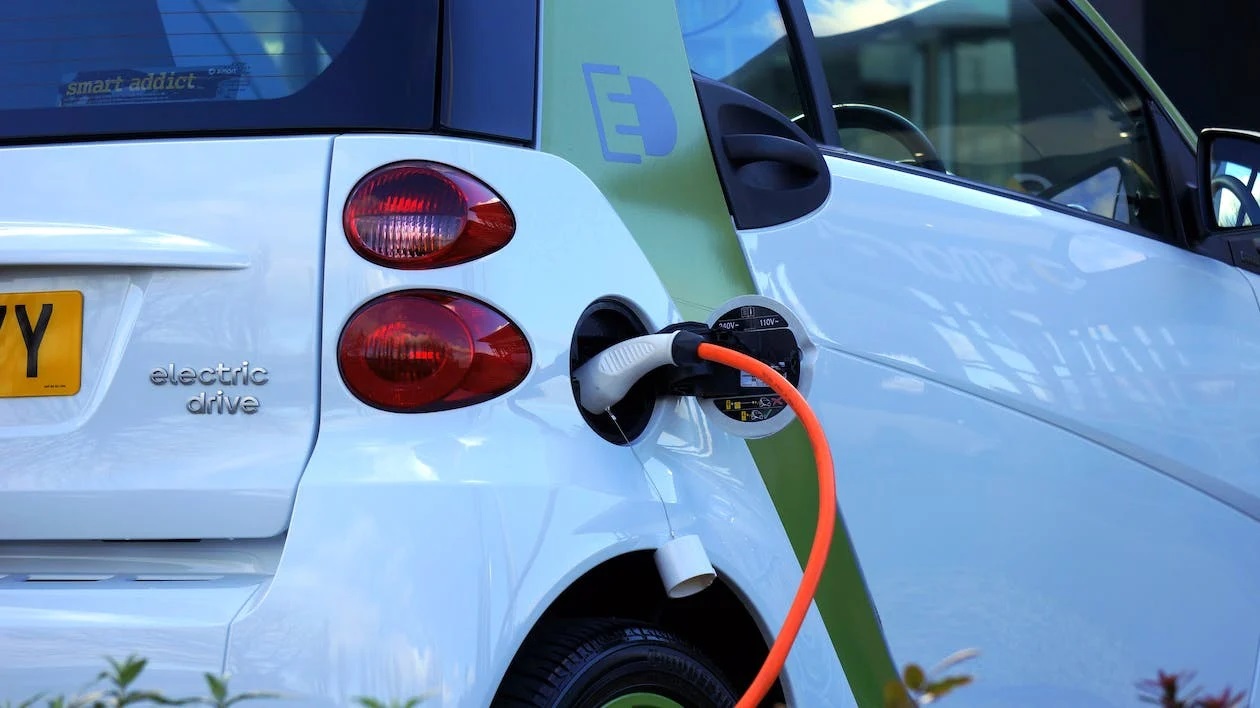Electric Vehicles: Pioneering the Road to a Sustainable Future
Introduction:
Electric vehicles (EVs) have emerged as a disruptive force in the automotive industry, promising a more sustainable and environmentally friendly mode of transportation. As concerns about climate change, air pollution, and fossil fuel depletion grow, the adoption of electric vehicles has gained momentum. This essay explores the evolution, benefits, challenges, and future of electric vehicles.
The Evolution of Electric Vehicles:
Electric vehicles are not a recent innovation. In fact, they date back to the early 19th century. However, their modern resurgence can be attributed to the following key developments:
- Advancements in Battery Technology: The improvement in battery technology, particularly lithium-ion batteries, has made electric vehicles more practical and affordable. These batteries store and release energy efficiently, providing the power needed for electric propulsion.
- Environmental Concerns: The growing awareness of environmental issues, such as climate change and air pollution, has prompted a shift towards cleaner and more sustainable transportation options.
- Government Incentives: Many governments around the world have introduced incentives, subsidies, and regulations to encourage the adoption of electric vehicles. These measures include tax credits, rebates, and stricter emissions standards for automakers.
Benefits of Electric Vehicles:
The adoption of electric vehicles offers a multitude of benefits, both for individuals and society at large:
- Reduced Greenhouse Gas Emissions: Electric vehicles produce zero tailpipe emissions, reducing greenhouse gas emissions and combating climate change.
- Lower Operating Costs: Electric vehicles are more energy-efficient and have lower fueling and maintenance costs. They also benefit from regenerative braking, which captures energy during braking and feeds it back into the battery.
- Energy Independence: Electric vehicles rely on electricity, which can be generated from a variety of sources, including renewable energy. This reduces dependence on fossil fuels and enhances energy security.
- Quiet and Smooth Ride: Electric vehicles are quieter and provide a smoother driving experience due to the absence of internal combustion engine noise and vibrations.
- Reduced Air Pollution: By eliminating tailpipe emissions, electric vehicles improve air quality, reducing health risks associated with air pollution.
- Technological Advancements: Electric vehicles often come equipped with advanced features, such as smart connectivity, autonomous driving capabilities, and over-the-air software updates.
- Reduced Oil Dependency: The adoption of electric vehicles reduces the demand for oil, potentially leading to geopolitical and economic benefits.
Challenges and Concerns:
While electric vehicles offer numerous advantages, they also face several challenges and concerns:
- Range Anxiety: Many electric vehicles have a limited driving range compared to traditional gasoline-powered vehicles. This can lead to “range anxiety” where drivers worry about running out of battery power during longer trips.
- Charging Infrastructure: The availability and convenience of charging infrastructure is a significant concern. Charging stations need to be more widespread, easily accessible, and capable of fast charging.
- Upfront Costs: Electric vehicles tend to have a higher upfront purchase price compared to traditional vehicles, primarily due to the cost of batteries. However, this cost is gradually decreasing with advancements in technology and economies of scale.
- Battery Degradation: Over time, batteries in electric vehicles degrade, reducing their range and performance. Innovative solutions are needed to address this issue and extend the lifespan of batteries.
- Charging Speed: Although fast-charging technology is improving, it still takes longer to charge an electric vehicle compared to refueling a gasoline car.
- Supply Chain Challenges: Electric vehicle components, particularly rare-earth metals used in batteries, are subject to supply chain vulnerabilities.
The Future of Electric Vehicles:
The future of electric vehicles appears promising as automakers, governments, and consumers embrace the transition to cleaner transportation. Several key trends and developments shape the future of electric vehicles:
- Widespread Adoption: As battery costs decrease and charging infrastructure expands, electric vehicles are likely to become more affordable and accessible to a broader range of consumers.
- Autonomous Driving: Electric vehicles are at the forefront of autonomous driving technology. Self-driving electric fleets have the potential to revolutionize urban mobility.
- Green Energy Integration: The integration of renewable energy sources, such as solar and wind power, into the electric vehicle ecosystem can further reduce the environmental footprint of transportation.
- Innovations in Battery Technology: Ongoing research and development in battery technology promise higher energy density, longer lifespans, and faster charging times, addressing some of the current challenges.
- Government Policies: Governments worldwide are enacting policies to incentivize electric vehicle adoption, including stricter emissions standards and subsidies for buyers.
- Market Competition: The electric vehicle market is becoming increasingly competitive as established automakers and new entrants vie for market share, driving innovation and improving affordability.
Conclusion:
Electric vehicles are more than just a transportation option; they represent a significant step toward a sustainable and cleaner future. With their benefits in reducing greenhouse gas emissions, lowering operating costs, and enhancing air quality, electric vehicles are set to revolutionize the automotive

